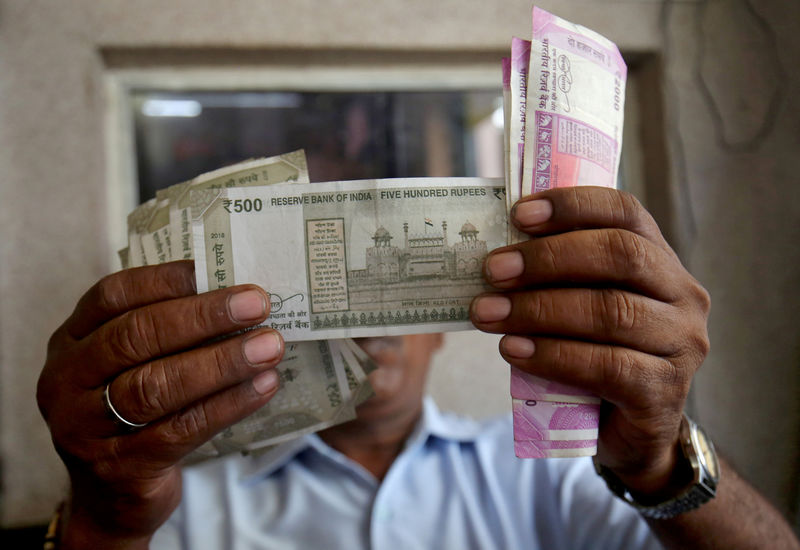Who is Kevin Hassett? Wolfe looks at the Trump ally tipped to become Fed Chair.
The Federal Reserve's consistent increase in its benchmark rate has led to a significant decrease in inflation and maintained a steady unemployment rate, contrary to economists' previous predictions of economic contraction and job cuts. The current trends suggest that the central bank might be on track to achieve a challenging feat known as a "soft landing," which involves controlling inflation without instigating a severe recession.
The inflation rate has fallen from a high of 9.1% in June 2022 to 3.7% as of Monday, despite the central bank's sequence of 11 rapid rate hikes initiated around March 2022. This period also saw the unemployment rate holding steady at 3.8%, defying expectations of a potential 7% surge.
This scenario contrasts sharply with the inflation upsurge of the 1970s and early 1980s. During that period, then-Fed Chair Paul Volcker raised the central bank's primary short-term rate beyond 19%, leading to an unemployment peak of 10.8%, which was its highest since World War II.
In an important speech last year, Chair Jerome Powell indicated that the Federal Reserve was ready to adopt aggressive measures similar to those used in the past. He cautioned that their rate hikes could result in increased unemployment, reflecting an intention to continue with this approach, reminiscent of Volcker's approach documented in his autobiography "Keeping At It."
However, with the job market showing unexpected strength recently, Powell has conveyed a more optimistic outlook. During a recent press conference, he hinted at a possible "soft landing," though without offering any guarantees. He acknowledged the progress made so far, characterized by economic advancement without an increase in unemployment.
This article was generated with the support of AI and reviewed by an editor. For more information see our T&C.
